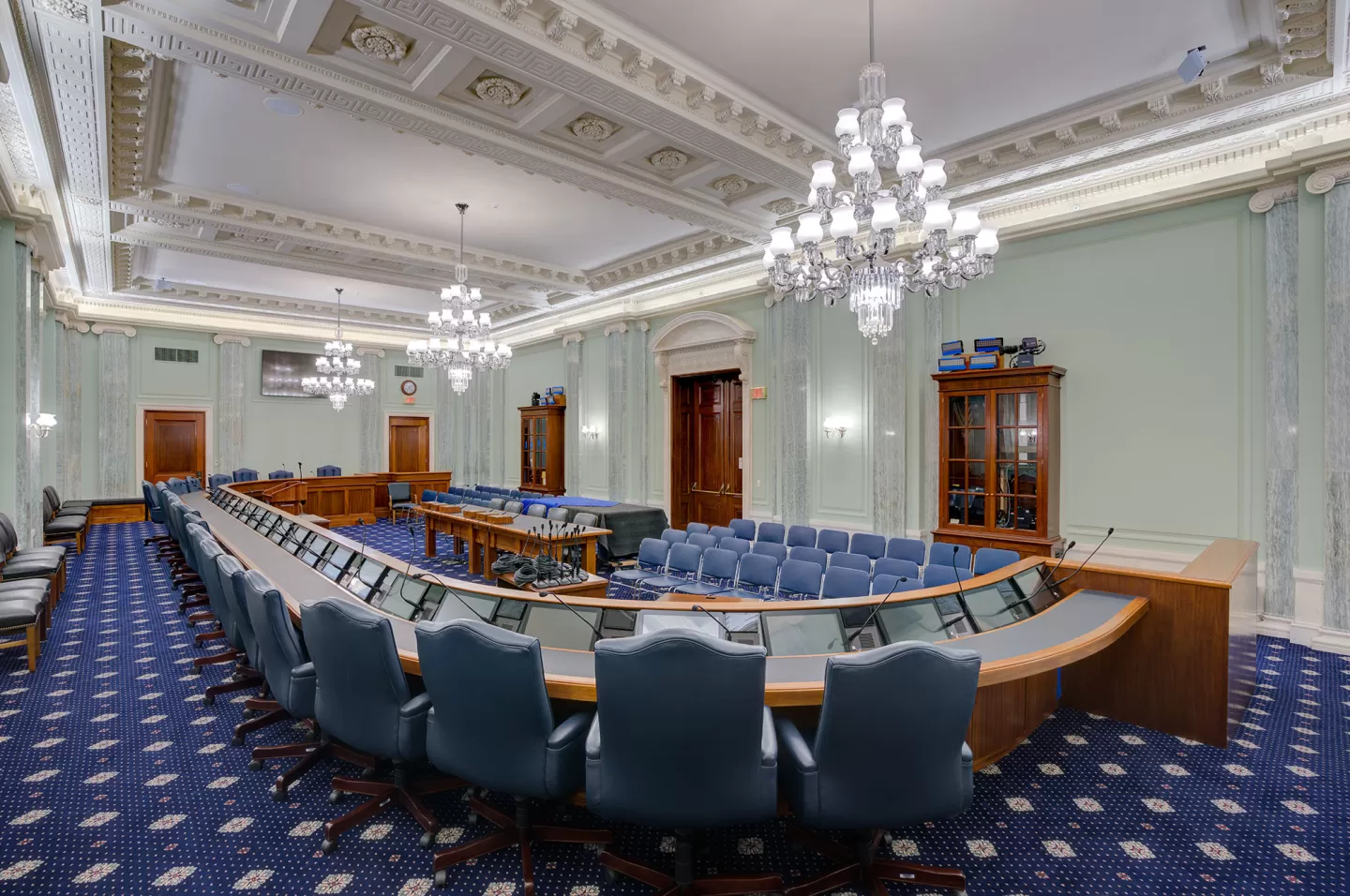Voicemail Services Cut Off for Pennsylvanians
In an alarming move that reflects a growing disconnect between elected officials and the citizens they serve, several Pennsylvania Senators have eliminated voicemail services for constituents outside of regular business hours. This change, enacted in early 2025, signals a troubling trend where the voices of everyday Pennsylvanians are increasingly marginalized. The expectation that citizens should only communicate between 9 AM and 5 PM, Monday to Friday, is not just impractical—it’s a blatant disregard for the democratic process.
Taxpayer Dollars Fund Elected Officials Who Ignore Their Voices
Taxpayer dollars pay the salaries of these representatives, yet they have chosen to cut off a vital communication channel. As reported by a grassroots campaign, constituents are now left without a means to voice their opinions or concerns regarding pressing legislative issues, effectively silencing their dissent. This cowardly decision raises questions about accountability and transparency. How can we trust our leaders to represent us when they are unwilling to hear from all of us?

U.S. Senate candidate Fetterman releases doctor letter saying ...
Accessibility Is Not Just a Buzzword
Accessibility in government communication is crucial. According to the UK Government"s blog, accessibility extends beyond physical access; it encompasses how constituents interact with their representatives. By cutting off voicemail access, these Senators are not just limiting communication—they are effectively disenfranchising those who cannot call during traditional office hours. This is especially concerning for working-class families who may only have time to express their opinions after work hours.
The Consequences of Ignoring Constituents
The ramifications of this decision are profound. A study by GL Kreps on government communication during crises emphasizes the importance of inclusive communication channels for effective governance. By ignoring the needs of their constituents, the Senators risk fostering distrust and disillusionment among voters. If residents feel that their representatives are not listening, they may disengage from the political process altogether. This disengagement is dangerous; it creates a cycle where elected officials become even more disconnected from the very people they claim to serve.

Before and After: Senate Hearing Room Renovation | Architect of the Capitol
The Call to Action for Senate Leadership
A growing petition campaign demands that Senators reinstate 24/7 voicemail services. Organizers argue that there is no technological or ethical justification for this communication blackout. As reported by local activists, they are mobilizing support to ensure that every voice is heard—whether it is during office hours or after a long day at work. The call to action urges constituents to pressure their elected officials to restore this vital communication tool. It is a reminder that elected representatives must be held accountable for their actions and their inactions.

![[Video] Anti-ICE Protester Pepper Sprayed as CBP Agents Disperse Crowd in Minneapolis](/_next/image?url=%2Fapi%2Fimage%2Fthumbnails%2Fthumbnail-1768260677127-y71sb7-thumbnail.jpg&w=3840&q=75)

![[Video] Several injured as U-Haul truck drives through Iranian protestors in Los Angeles](/_next/image?url=%2Fapi%2Fimage%2Fthumbnails%2Fthumbnail-1768176682028-q95y6j-thumbnail.jpg&w=3840&q=75)
![[Video] Scuffle breaks out between Trump supporters and Anti-ICE protesters in Times Square](/_next/image?url=%2Fapi%2Fimage%2Fthumbnails%2Fthumbnail-1768165958203-hgcgb-thumbnail.jpg&w=3840&q=75)


![[Video] Gunfire between Iraqi security forces and Sadr militias in Baghdad](/_next/image?url=%2Fapi%2Fimage%2Fthumbnails%2Fthumbnail-1768343508874-4redb-thumbnail.jpg&w=3840&q=75)
